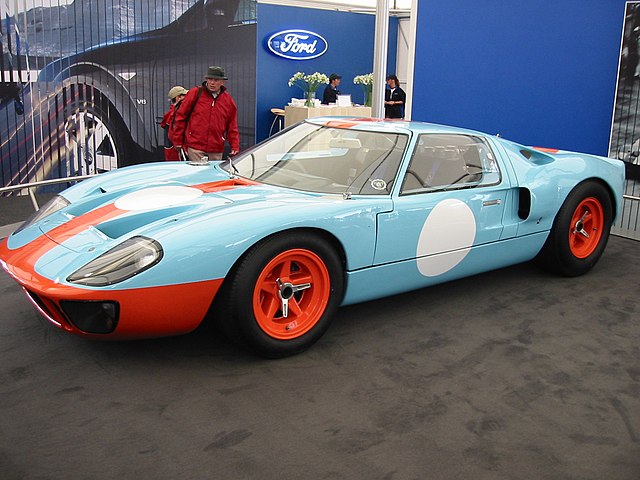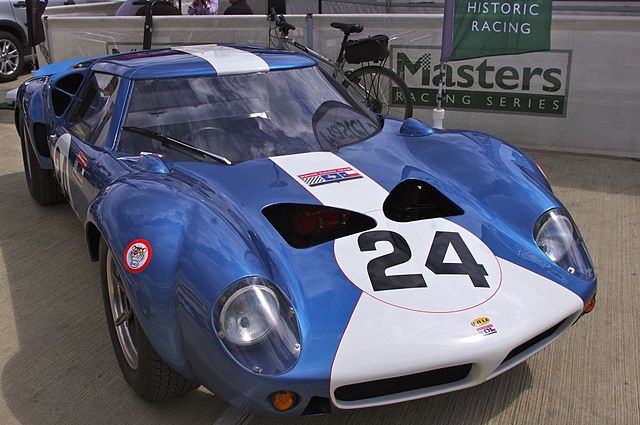Abbey Panels Ltd., originally The Abbey Panel & Sheet Metal Co. Ltd., was a Warwickshire-based coachbuilding company founded on Abbey Road, Nuneaton in 1941, initially assembling Supermarine Spitfires for the ongoing war effort. The original partners were Edward Loades, Les Bean, Bill Woodhall and Ernie Wilkinson. As the business grew they expanded to Old Church Road, Coventry before having their main manufacturing plant on the well known Bayton Road Industrial Estate in Exhall. In 1967, Ted Loades listed the business on the London Stock Exchange (LSE) and it became known as Loades PLC, with Abbey Panels its main brand, alongside Albany Zinc (castings), Loades Dynamics (machining) and Loades Design .
The company specialised in producing handmade prototype car bodies and did so for many notable car companies including: Bristol Cars, Lea Francis, Jaguar Cars, Rover, MG, Healey, Rolls-Royce, Buick, Lincoln, Volvo and BMW amongst others. They fashioned the bodywork of cars such as the Le Mans winning Ford GT40, numerous Jaguars, the original Mark I Land Rover Station Wagon, Jim Clark's Lotus 38 and Stirling Moss's 1957 Pescara Grand Prix winning Vanwall. They also produced many specialist parts for the aerospace industry, particularly for Rolls-Royce plc, such as the Rolls-Royce Pegasus engine duct of the Harrier jump jet.

Abbey Panels
An advert in 'The Autocar' (1956).
'The Autocar' advert (1957).
Bristol 402 Roadster (1949).
The Ford GT40 is a high-performance endurance racing car designed and built by the Ford Motor Company. It grew out of the "Ford GT" project, an effort to compete in European long-distance sports car races, against Ferrari, who had won the prestigious 24 Hours of Le Mans race from 1960 to 1965. Ford succeeded with the GT40, winning the 1966 through 1969 races.
Ford GT40
Lola Mk6
Prototype chassis GT 104, which finished third at the Daytona 2000 in 1965
Ford GT40 Mk I road version (chassis P/1030)








